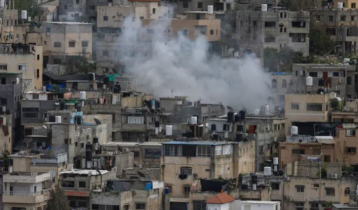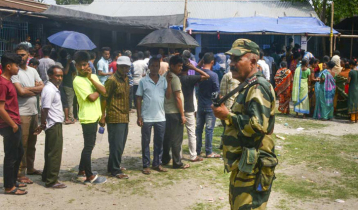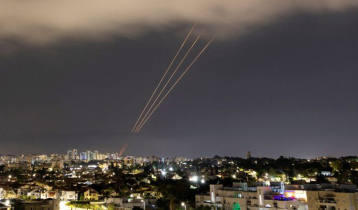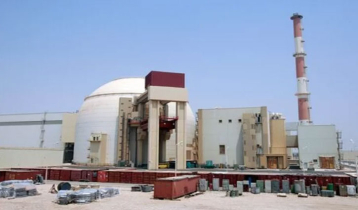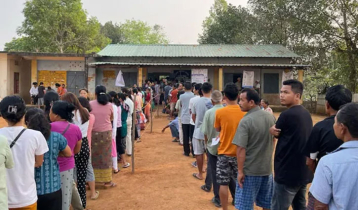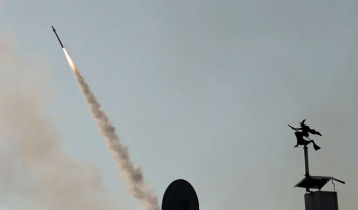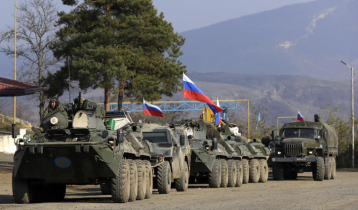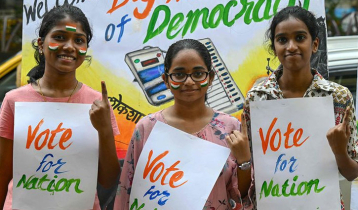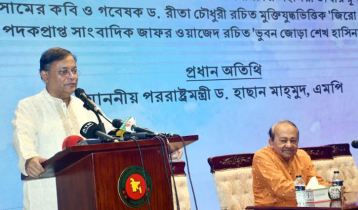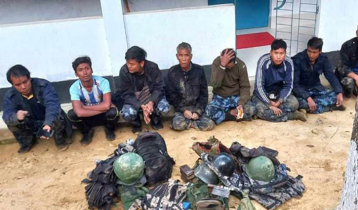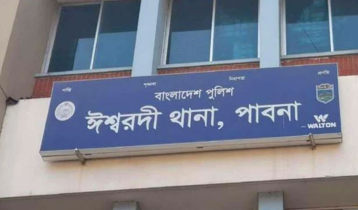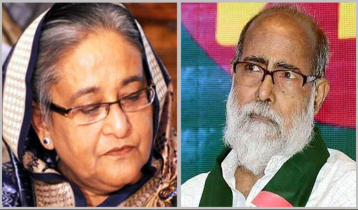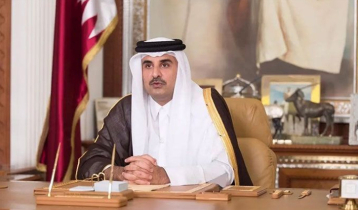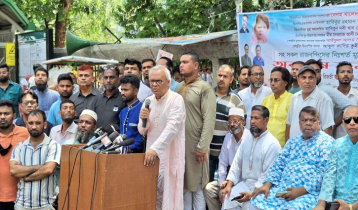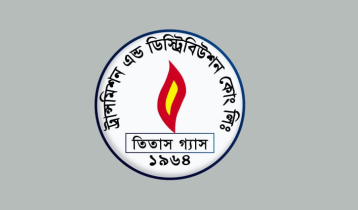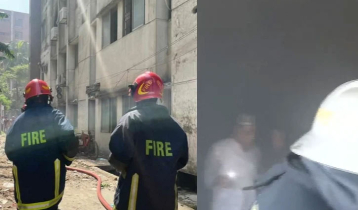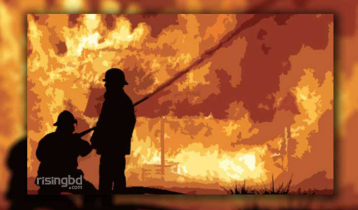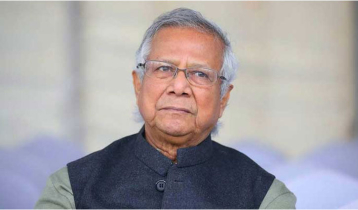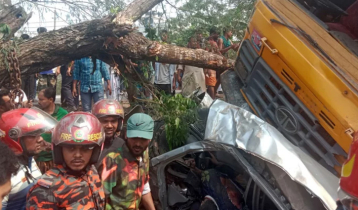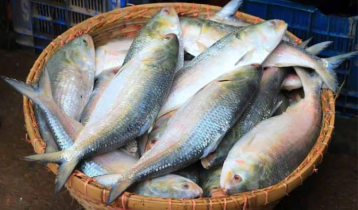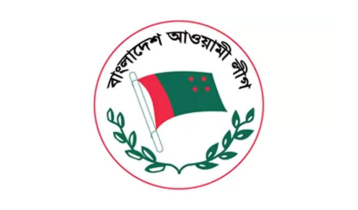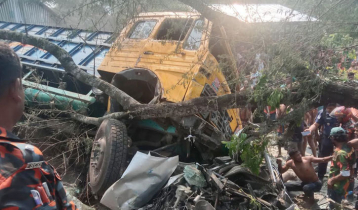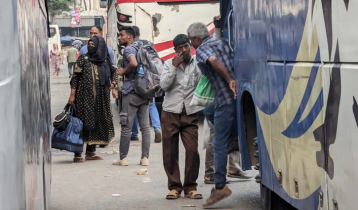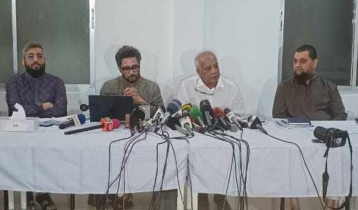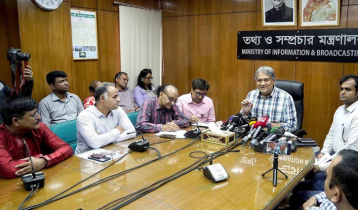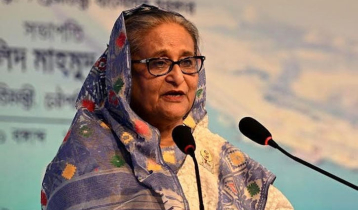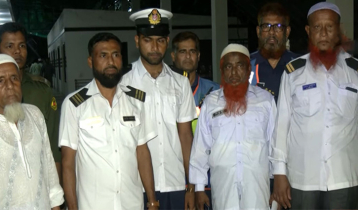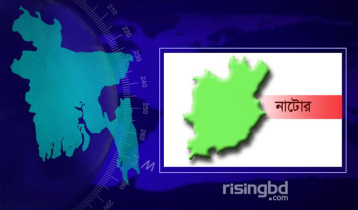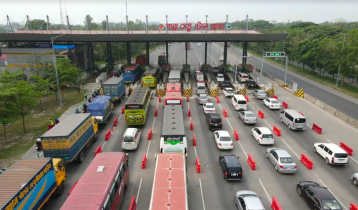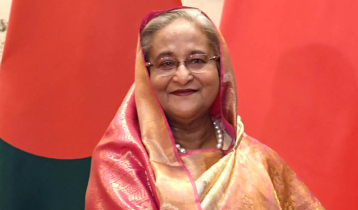India fails to become NSG member
Amirul Islam || risingbd.com
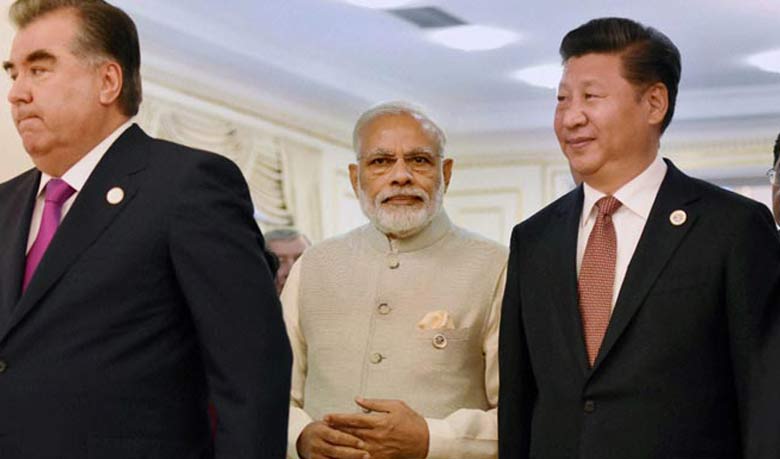
Risingbd Desk: In a major setback, India’s ambitious bid to become a member of the Nuclear Suppliers Group (NSG) failed on Friday, as China and at least seven other countries blocked consensus at the elite group which controls transfer of nuclear technology in the world. The NSG cited Nuclear Non-Proliferation Treaty (NPT) as the “cornerstone” of the international non-proliferation regime, but India said the NPT issue had been addressed in 2008 itself, when it got the country-specific waiver.
It is learnt that Mexico also pressed for a “criteria-based process” for allowing non-NPT members into the NSG, along with Switzerland, Brazil and Turkey. What has surprised many in New Delhi is Mexico and Switzerland’s stand since both countries had promised support during Prime Minister Narendra Modi’s visit a few weeks ago. Brazil was also a surprise since India counted it in its “support column” as both countries have shared interests in climate change and energy needs and are part of groupings like IBSA and BRICS.
Turkey was the only country to push for clubbing both India and Pakistan’s applications directly, while Pakistan’s application was not discussed at all.
Leading the naysayers was China, along with three countries which have strong positions on nuclear non-proliferation — Ireland, Austria and New Zealand. While Modi visited Ireland last year to solicit its support, President Pranab Mukherjee sought New Zealand’s support during his visit last month. Modi also met Chinese President Xi Jinping in Tashkent on Thursday, where he asked him to “contribute to the evolving consensus”.
However, sources told The Indian Express that the NSG plenary in Seoul concluded with the possibility of a “special plenary” — likely in November this year — to discuss the issues related to entry of non-NPT members into the elite 48-nation group.
Reiterating their primacy to the NPT, the NSG plenary in Seoul, in its public statement on Friday, said the “participating governments reiterated their firm support for the full, complete and effective implementation of the NPT as the cornerstone of the international non-proliferation regime.”
It said “the NSG had discussions on the issue of technical, legal and political aspects of the participation of non-NPT states in the NSG and decided to continue its discussion”, indicating the possibility of “informal consultations” followed by a special plenary later this year.
A disappointed New Delhi, which invested considerable amount of political capital on the bid and was seen to have underestimated the opposition, singled out “one country” which, it said, raised hurdles persistently — an oblique reference to China. This kind of finger-pointing is considered rather unusual in diplomatic statements made by countries.
“We understand that despite procedural hurdles persistently raised by one country, a three-hour-long discussion took place last night on the issue of future participation in the NSG. An overwhelming number of those who took the floor supported India’s membership and appraised India’s application positively. We thank each and every one of them. It is also our understanding that the broad sentiment was to take this matter forward,” the Ministry of External Affairs’ official spokesperson, Vikas Swarup, said in Tashkent, where he was accompanying the Prime Minister for the Shanghai Cooperation Organisation summit.
New Delhi tried to downplay the countries which raised issues of criteria-based process. “It is also our understanding that most countries want an early decision. A few countries raised issues regarding the process for India’s participation in the NSG. It is self-evident that process issues would not arise if these countries were actually opposed to our participation. This is corroborated by our own bilateral engagement with each of these countries,” said Swarup.
“The NSG concluded its plenary meeting in Seoul today (June 24). India was of course not in the room. But we understand from our friends and well-wishers that discussions on expansion of membership, or what is called “participation” in NSG, were certainly not hypothetical,” he said.
He stressed that though India made its application for membership on May 12, it had begun its engagement with the NSG in 2004. “It has been suggested that India’s participation in the NSG requires it to join the NPT. Our stand on the NPT is well known. But let me underline that in September 2008, the NSG itself addressed this issue. Paragraph 1 (a) of the September 2008 decision states that the decision on India contributes to the ‘widest possible implementation of the provisions and objectives of the treaty on the non-proliferation of nuclear weapons’. There is thus no contradiction between the NPT and India’s closer engagement with the NSG,” said the MEA spokesperson.
While New Delhi said that an early decision on its application remains in larger global interest and India’s participation in the NSG will further strengthen nuclear non-proliferation and make global nuclear commerce more secure, China had a different take.
The Chinese chief negotiator at the NSG told reporters in Seoul that the group would not bend the rules and allow India membership as it had not signed the NPT. “Applicant countries must be signatories of the treaty on the non-proliferation of nuclear weapons,” Wang Qun, the head of arms control department in China’s foreign ministry, was quoted as saying by Reuters in Seoul.
“This is a pillar, not something that China set. It is universally recognised by the international community,” said Wang according to a statement released by the Chinese foreign ministry on Friday.
“International rules will have to be respected, big or small,” Wang told Reuters. “Big like NPT. Small like the rules and procedures of this group… The important question of which we are concerned, is how to deal with the question of participation of countries within the group of non-NPT states. It’s a formidable task,” he said.
Source: Agencies
risingbd/DHAKA/June 25, 2016/Shahed/Amirul
risingbd.com

